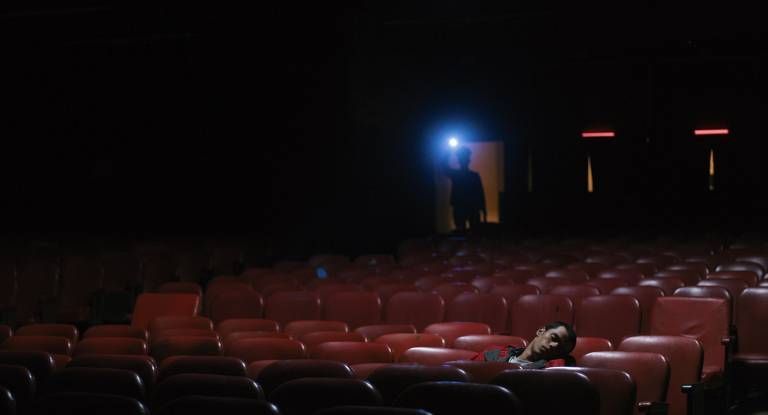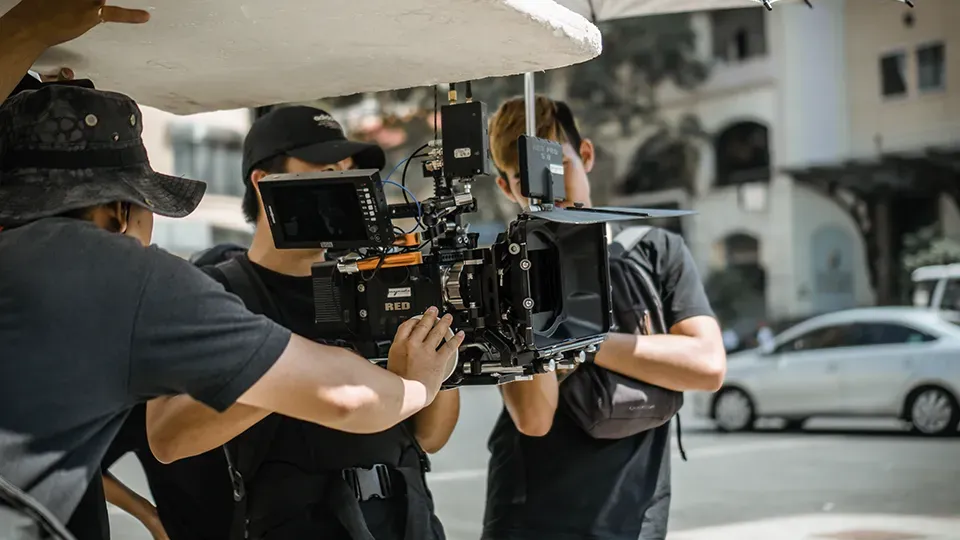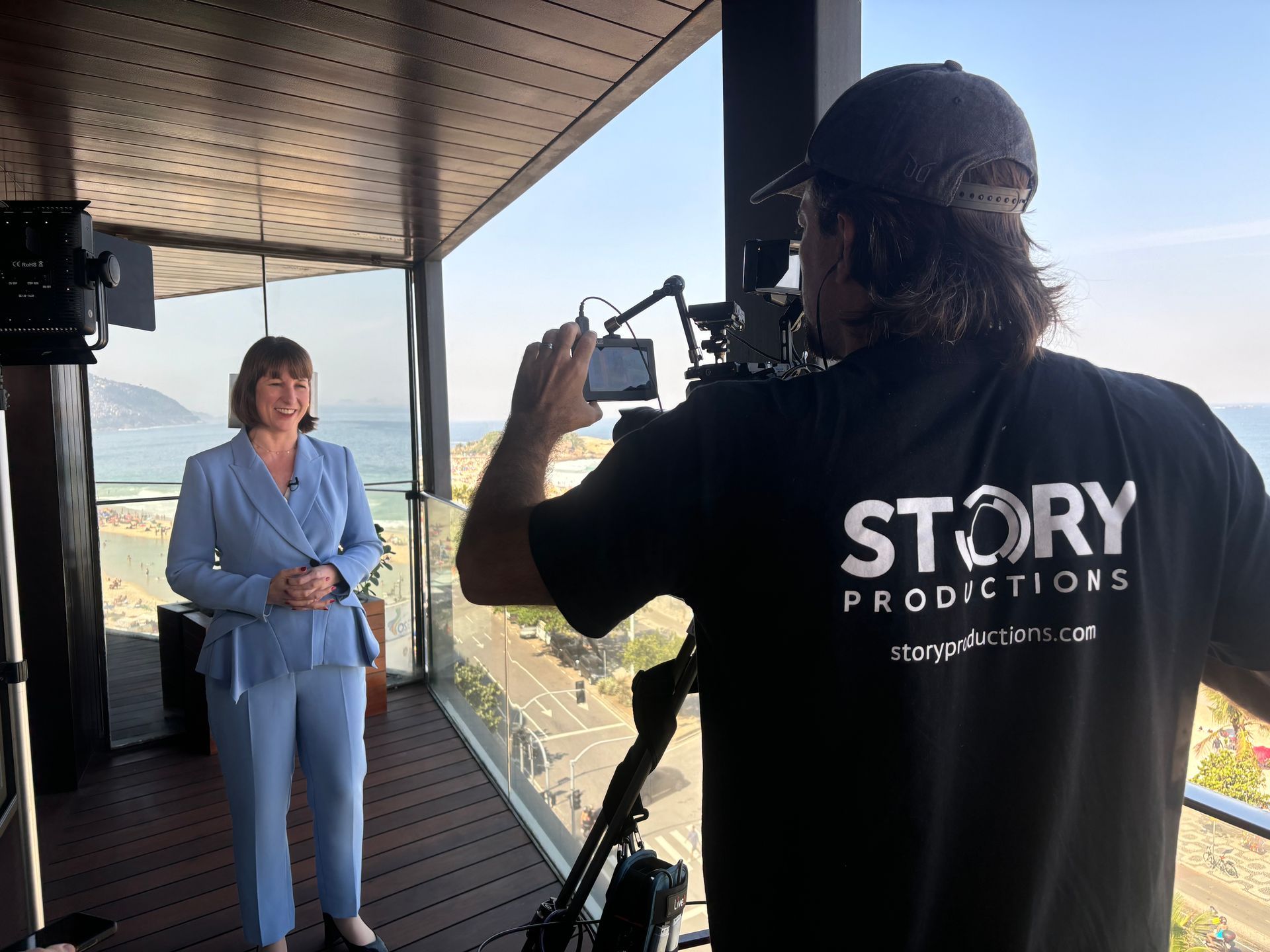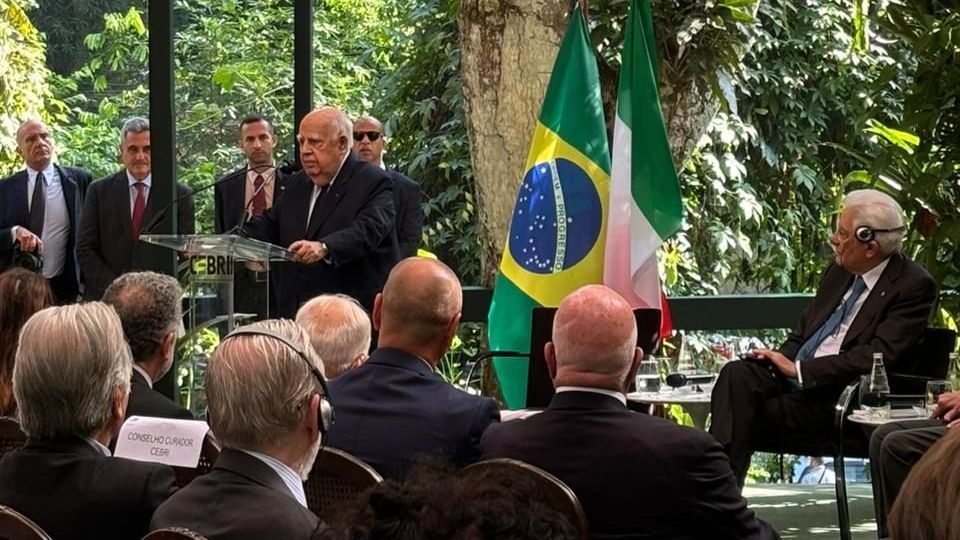However, the Audiovisual Law differs in some aspects. In contrast to the Cultural Incentive Federal Law, the Audiovisual Law’s financing mechanism allows for companies to not only benefit from tax incentives but also establish a partnership with the project, associating their brand with the film, and receiving a portion of the income earned from its commercialization.
The Brazilian Film Agency (Ancine) addresses public policies to leverage growth of the audiovisual industry
Despite the hassle and bureaucratic process, foreign producers can take advantage of various government incentives, laws, special programs, and agreements.
Brazil has a vast potential for attracting foreign audiovisual productions due to its diverse landscapes and vast technical and creative capacity. However, international producers looking to film in Brazil must adhere to an extensive list of regulations and requirements.
Public policies and incentives play a crucial role in funding audiovisual productions in Brazil, and are regulated and supervised by the
Brazilian Film Agency (Ancine). The agency has the main responsibility of releasing federal public funds for audiovisual productions, since it evaluates and approves or rejects projects.
Story Productions discussed the topic with two members of Ancine:
Daniel Tonacci, the Coordinator of International Programs, and
Guilherme Bomfim, the market development manager. With their expertise, they provided us with valuable insights into how foreign producers can take advantage of film financing in Brazil.

Main incentive laws for film productions in Brazil
There are two types of public financing film productions, indirect and direct. Under indirect funding, companies and individuals can use part of their income tax (IR) to incentivize film productions. The main incentive laws fall under the indirect funding category:
Cultural Incentive Federal Law (Lei Rouanet)
Approved in 1991, the Rouanet Law was designed to promote culture by offering tax incentives for cultural projects. Under this law, a company sponsoring a project can provide support with up to 4 per cent of its income tax and get a corresponding deduction. Similarly, an individual can sponsor a project with up to 6 per cent of their IR.
Audiovisual Law (Lei do Audiovisual)
The Audiovisual Law, created in 1993, shares similarities with the Rouanet Law — it’s another form of indirect funding. It’s also based on income tax deductions: companies and individuals are eligible for a deduction of up to 4 per cent and 6 per cent, respectively.
Photo by Lê Minh for Pexels
Paid TV Law (Lei da TV Paga)
Since 2011, the Paid TV Law seeks to encourage independent Brazilian audiovisual production by mandating that all television channels in the country, both on open and paid, must broadcast a minimum of three hours and 30 minutes of Brazilian content weekly during prime time, with at least half of that being produced independently. Paid TV packages must provide at least two channels with a minimum of 12 hours of independent Brazilian audiovisual content per day.
Main public direct funding mechanisms available
The direct type of public funding for audiovisual projects occurs when the government, at municipal, state, or federal levels, opens a call for proposals and offers a specific amount of funding for eligible projects. Interested producers can submit their proposals, which are evaluated based on specific criteria and selected by the government.
The
main public
direct funding mechanisms currently available are:
Audiovisual Sector Fund (FSA)
The Audiovisual Sector Fund (FSA) is a federal fund that plays a vital role in supporting the audiovisual industry in Brazil by investing in all stages and activities associated with the sector, including project development, production, distribution, exhibition, and infrastructure. The FSA sets out lines of action that involve TV content production in both the areas of audiovisual production and distribution.
Photo by Cytonn Photography for Unsplash
Cash and tax rebates
Rebate programs are incentives offered by local governments that allow audiovisual projects to be reimbursed for eligible expenses. The goal is to encourage film production in their respective regions and contribute to the growth of the local audiovisual industry. Refunds can be provided by tax deduction at the end of the project, or by cash in advance.
How international productions benefit from such incentives
Foreign producers can access Brazilian public funding primarily through co-productions, which require a formal partnership with Brazilian producers. Ancine sets criteria to recognize a co-production in order to ensure that it benefits both parties.
A minimum of 40 per cent equity participation is required, with two-thirds of technical participation being Brazilian. Once recognized, the international co-productions can benefit from the same incentive mechanisms available for national projects, since they receive the same treatment as Brazilian ones.
It’s worth noting that the FSA's Management Committee has expressed particular interest in international co-productions, as reflected in the 2022 and 2023 action plans that have allocated a specific budget of R$40 million for this purpose. Additionally, there are plans to allocate another R$25 million for international co-productions through binational calls for projects.
Furthermore,
Ancine has established
bilateral and multilateral agreements with many countries. These agreements simplify the process of co-productions and provide flexibility by relaxing certain requirements. For instance, instead of the standard 40/60 equity participation, it could be 20/80. Technical participation becomes proportional in these cases. The terms of each agreement can vary depending on its specific terms.
Finally, there are
cash rebate programs focused on foreign producers. In 2021,
São Paulo implemented the first cash rebate program in Brazil to encourage international filming. It provides a reimbursement of 20 per cent to 30 per cent of eligible expenses for productions in the city.
In 2022,
Rio de Janeiro launched its own cash rebate program, allowing productions from other states and international productions to receive up to 35 per cent of the amount spent in Rio's capital.

How smaller producers benefit from government incentives
Small production companies can explore various ways to make their audiovisual projects viable. They can try to sell it to a major TV or film producer in Brazil, a streaming company, or a studio abroad. Alternatively, they can raise funds on their own through incentive laws.
In terms of direct funding, smaller companies have the same opportunity as larger ones, and current mechanisms aim to establish criteria that also benefit small companies. Some funding programs are specifically tailored for newcomers, including first or second projects by directors or production companies. As an example, a call for new talent was held last year.
However, it’s crucial for production companies to understand the profile of each funding opportunity before applying, as they should look for funding programs that cater to their size and needs.
Other opportunities for audiovisual production with the new Federal Government
There are ongoing discussions and efforts to enhance certain aspects of the incentive laws. Ancine's regulatory agenda for the 2023-2024 biennium includes five actions that aim to improve and update this regulatory framework. Furthermore, the fiscal incentive laws, which were initially slated to expire, have been extended, representing a significant accomplishment.
At present, the regulatory structure is primarily based on co-production and Brazilian intellectual property ownership of films, rather than on foreign filming or production services. There are public incentives for production services only among municipal and state governments, which include cash rebates. At the federal level, there is currently no structured cash rebate policy in place, and the process is made even more complex because of the existing tax framework in the country.
It’s important to recognize the crucial role played by state and municipal film commissions in promoting and facilitating foreign productions. At the federal level, discussions about creating a national film commission have been held, but no concrete actions have been defined yet.
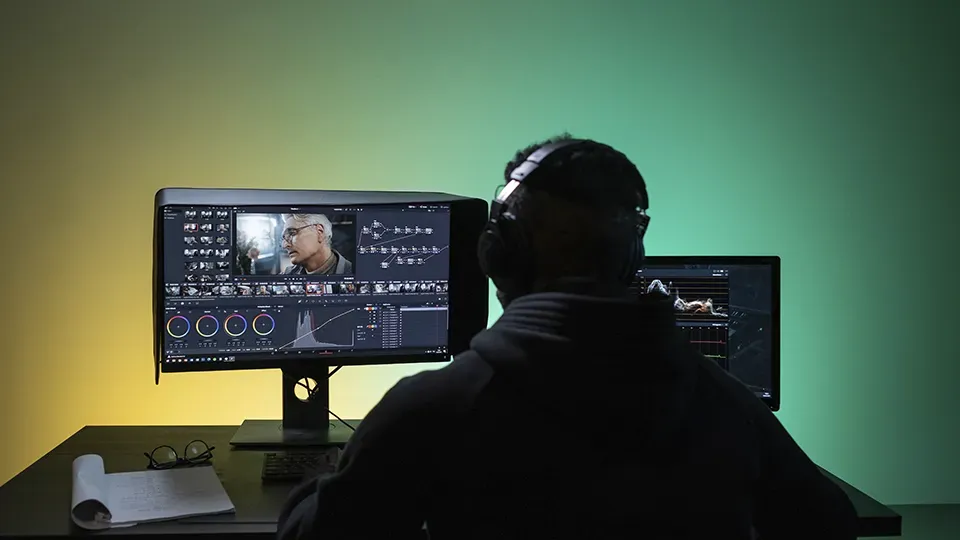
How the Incentive Laws effectively stimulate the growth of the audiovisual market
The key role of public policies is to support and promote the audiovisual production ecosystem, in order to make it self-sustaining. In 2017, Brazil achieved a record in terms of presence in international festivals, as well as a record in the production of Brazilian projects.
The country has a huge number of companies that produce high-quality films that are recognized globally. This highlights the successful execution of the first part of public policies, which is to develop productions and technicians.
Besides this, the government has a crucial role in financing works that have significant cultural and identity importance, even if they may not be financially sustainable. However, the biggest challenge in the audiovisual market is in distribution or exhibition. It’s a complex problem and requires a multi-faceted approach to discuss how to make these works accessible to the public. Overall, Brazil has an audiovisual performance that is very good compared to other countries.
Ancine expectations for the Brazilian audiovisual sector
Brazil has a vast potential for growth, and to achieve it, the country must explore multiple fronts. The production of projects for streaming platforms represents a fundamental area, although in this case it refers to the production services because Brazilian companies do not keep intellectual property. This area offers enormous growth potential, and the ongoing regulation of video-on-demand aims to ensure that it will do no harm to Brazilian companies.
Apart from that, co-productions present significant opportunities for growth, and Ancine plans to expand its edicts for bilateral co-productions, establish more co-production agreements, and enhance Brazil's presence in the global market. Despite the challenges faced by the cultural sector in recent years, they have continued to make progress.
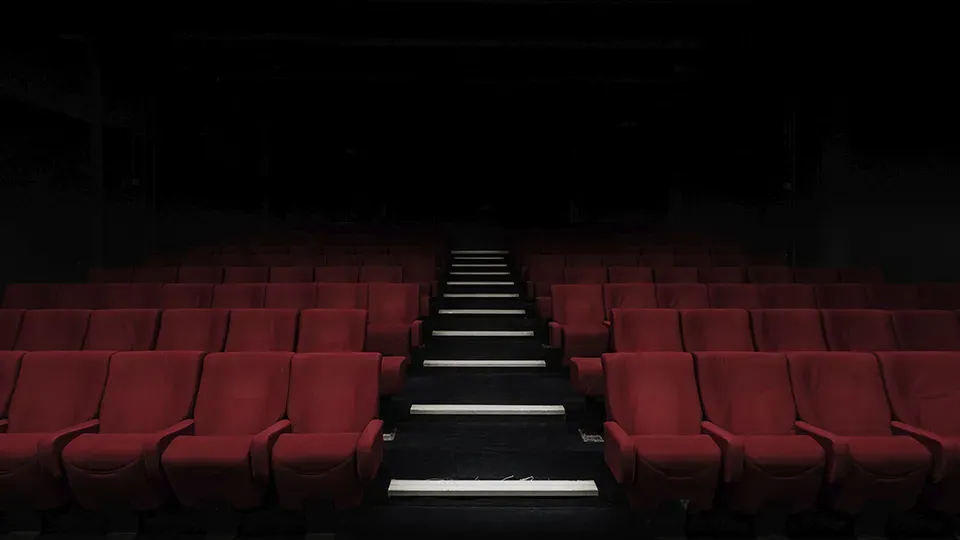
It’s clear that the Brazilian audiovisual industry is enormously promising, and the government is actively working to create public policies that will facilitate its growth. To take advantage of the various opportunities available, it’s important to stay up-to-date on the regulatory landscape and deadlines for incentive programs.
If you consider filming in Brazil and need a partner to help you navigate the complexities of the process, Story Productions is here to help. We will be delighted to be your co-production partner.
Send us a message and let us know about your project!
Share this story:
Get the latest news straight into your inbox!
Contact Us
Read another story
